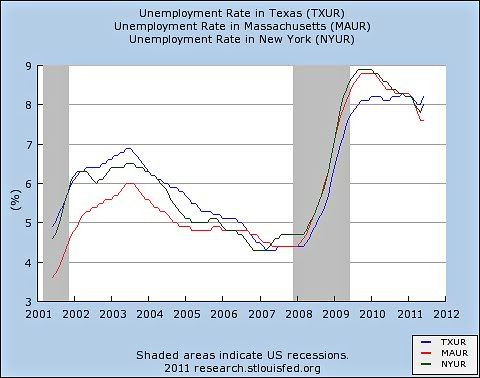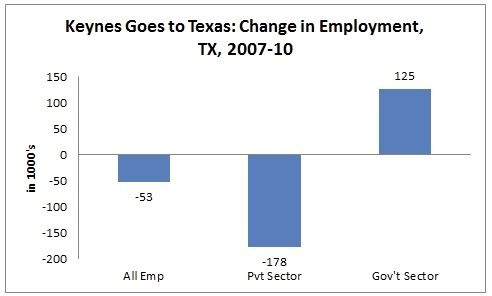Now that President Obama's
political collapse has reached the Jimmy Carter zone,
Mickey Kaus asks: Do the
Truman analogies come before or after the Call for the Wise Men? Good question!
We have two relatively recent examples: Presidents George H.W. Bush and Bill Clinton.
In Bush's case, the Truman analogies preceded the Call for the Wise Men--new experts who can fix the administration's problems. (For Bush, this call never really went out, unless you count James Baker's return to the White House in the summer of 1992).
In Clinton's case, he went Wise Men first (David Gergen!) and then used a variation of the Truman strategy (Clinton argued that the GOP Congress wasn't "do nothing," they were crazy and might
do something to you). President Obama, like former President Bush, seems to be skipping the Wisemen and going right to the Truman, at least for the time being.
Reality, however, is pulling the campaign in a much different direction. The
collapse in people's confidence in President Obama's ability to "manage" the US economy suggests that the president's "control of the narrative" (as political consultants might say) of the coming campaign is at best diminished and at worst lost. Peggy Noonan has written any number of columns earlier this year saying that the nation's electorate was
tuning President Obama out. That judgment now seems prescient. It's exactly what has happened. And it's getting worse.
There are a number of reasons why this is so, but principal among them has been the Obama team's willful misreading of the facts on the ground. Told by the Massachusetts electorate (in the special election to fill the seat of the late Sen. Edward Kennedy) to stop focusing on health care and start focusing on job creation schemes, the Administration went full steam ahead on health care. Told by
Jacksonian American voters and his most able and experienced national security advisors to not get involved in Libya, Obama blundered into the "days, not weeks" war. Faced with mounting alarm about the huge increase in national debt (to say nothing of unfunded liabilities), Obama proposed exactly nothing to deal with it; in the short term, the medium term or the long term. It's been a while since we have seen an Administration so completely out of step with the American electorate.
Perhaps most disconcerting of all, reality-wise, the president himself imagined that he was going to run a re-election campaign that reprised the Reagan "Morning in America" campaign of 1984. He really thought that the turnaround would begin in earnest in 2011 and expand into 2012, thus enabling him to say that he had seen us through the worst and was now leading us to a great and glorious future. In this fantasy, he (like Reagan before him) would barely have to acknowledge his opposition. He would float to victory.
All that is out the window now, obviously. Obama running on the Reagan narrative is a complete non-starter. So his options are basically two: he can go scorched earth or he can quit. He himself now says that the economy won't start to improve until next year. So any kind of natural lift will not occur until (in the best case) this time next year. And that's probably another pipe dream. Political professionals will tell you that public perception of "economic improvement" lags statistical "economic improvement" by as much as one year.
So, at a time when the only issue that really matters is jobs and falling living standards, the president will head into the fall campaign next year with not much to say except "it could have been worse." That's not a winning message, obviously. Which leaves him with a campaign based almost entirely on (what Bill Clinton used to call) "the politics of personal destruction."
Such a campaign would leave President Obama stone cold, even if he's perfectly willing to do it to get the job done. He would
hate every minute of it. He didn't travel the road he traveled and scale the mountains he climbed, to have the capstone of his political career read: "
Mitt Romney is a Mormon weirdo" or "
Rick Perry is a psychopath."
In Washington, the "plugged-in" people will tell you gravely that the president isn't enjoying the work. He feels, it is said, "beleaguered" and "unappreciated" and "deeply unhappy" about the state of our politics.
The New York Times columnist Maureen Dowd has been nibbling around this Obama gloom for a while; she's always had great radar for presidential funks. If you read between the lines of her columns, you get an almost tactile sense of Obama's blues.
A long-time Democratic politician told me the other day that he would not be "terribly" surprised if Obama called it quits early next year. When I asked him if he really believed that, he said "no, not really, but you can smell it. It's in the air around him."









 Hi Eric), Tea-Party(Bagger) Types, and...Mr Obama.
Hi Eric), Tea-Party(Bagger) Types, and...Mr Obama.